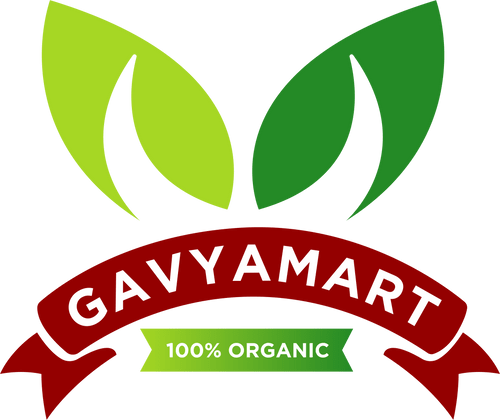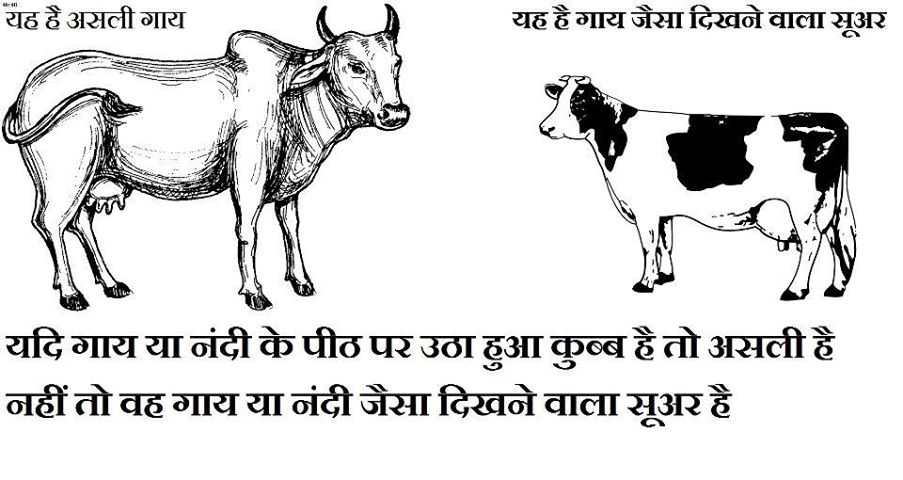In today's world, where health and wellness are top priorities, understanding the differences between the milk of Desi cow breeds and foreign breeds like Jersey and Holstein-Friesian (H.F) has become crucial. Most dairies across India now produce milk processed from these foreign breeds, but the origins and impacts of this milk are worth exploring.
The Origins of Foreign Breeds: Jersey and H.F Cows
Foreign cow breeds, such as Jersey and H.F, have a history that sets them apart from Indian cows. These animals are not originally domestic cows but are descendants of a wild animal known as URUS, or AUROCHS in Germany. These wild animals were hunted in Europe for their high-quality meat, but hunting them proved difficult. To make the process easier, European breeders crossbred these wild animals with various other species, including Indigenous cows from India, leading to the creation of the modern Jersey, Holstein, and Friesian cows.
It’s essential to note that the primary purpose behind developing these foreign breeds was meat production, not milk.
The Hidden Dangers in Foreign Cow Milk
One of the most concerning aspects of milk from Jersey and H.F cows is the presence of a chemical called CASOMORPHINE. This substance is considered toxic, which is why, even today, the milk from these animals is not directly consumed in Europe. Casomorphine has been linked to various health issues, making the milk from these foreign breeds less desirable for human consumption.
The Superiority of Desi Cow Milk: A2 Milk
In stark contrast, the milk of Indian cows, often referred to as A2 milk, is highly nutritious and offers numerous health benefits. Desi cows produce A2 milk, which contains an amino acid called PROLINE that is strongly bonded to INSOLEUCINE. This unique composition gives A2 milk its remarkable ability to combat various health issues, including obesity, joint pain, asthma, and mental disorders.
Moreover, A2 milk is rich in Omega 3 fatty acids, which help cleanse cholesterol deposits in blood vessels, reducing the risk of heart disease. Cerebrosides present in A2 milk enhance brain function, while Strontium boosts immunity and protects the body from harmful radiation.
Health Risks Associated with A1 Milk
Studies conducted in New Zealand have revealed that A1 milk, which is produced by foreign breeds like Jersey and H.F cows, is associated with several health problems, including:
- High Blood Pressure: A1 milk has been linked to increased blood pressure levels, contributing to cardiovascular issues.
- Metabolic Degenerative Diseases: The consumption of A1 milk may lead to metabolic disorders and degenerative diseases.
- Autism and Type-1 Diabetes in Children: A1 milk has been implicated as a potential factor in the development of autism and type-1 diabetes in children.
- Mental Disorders in Old Age: The milk from foreign breeds may also contribute to the onset of mental disorders in older adults.
Key Differences Between Desi Indian Cows and Foreign Jersey Cows
Here is a summary of the key differences between Desi Indian cows and foreign Jersey cows:
- Origin: Desi cows are native to India, while Jersey and H.F cows are crossbred descendants of wild animals like URUS.
- Milk Type: Desi cows produce A2 milk, known for its high nutritional value and health benefits. Jersey cows produce A1 milk, which contains harmful casomorphine.
- Health Benefits: A2 milk from Desi cows supports heart health, brain function, immunity, and protects against various diseases. A1 milk from Jersey cows has been linked to health risks like high blood pressure, autism, and mental disorders.
Conclusion: Choosing the Right Milk
When it comes to choosing the best milk for your family, understanding the source and quality of the milk is essential. Desi cows, with their natural ability to produce A2 milk, offer a healthier and safer alternative to the milk from foreign breeds like Jersey and H.F cows. By opting for A2 milk, you not only ensure better health for your loved ones but also support sustainable and ethical dairy farming practices rooted in India’s rich agricultural heritage.
In a time when health issues are on the rise, making an informed choice about the milk you consume can have a significant impact on your overall well-being. Choose wisely—choose A2 milk from Desi cows.

